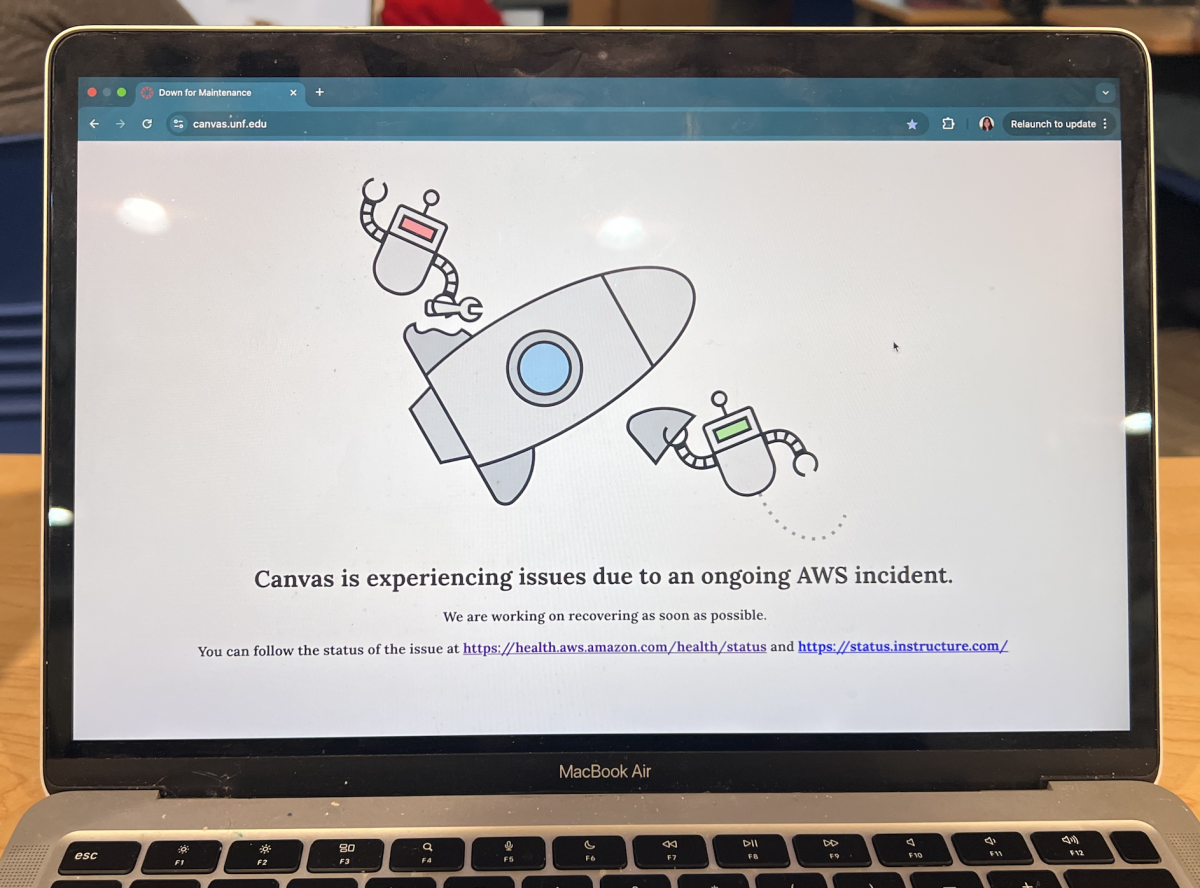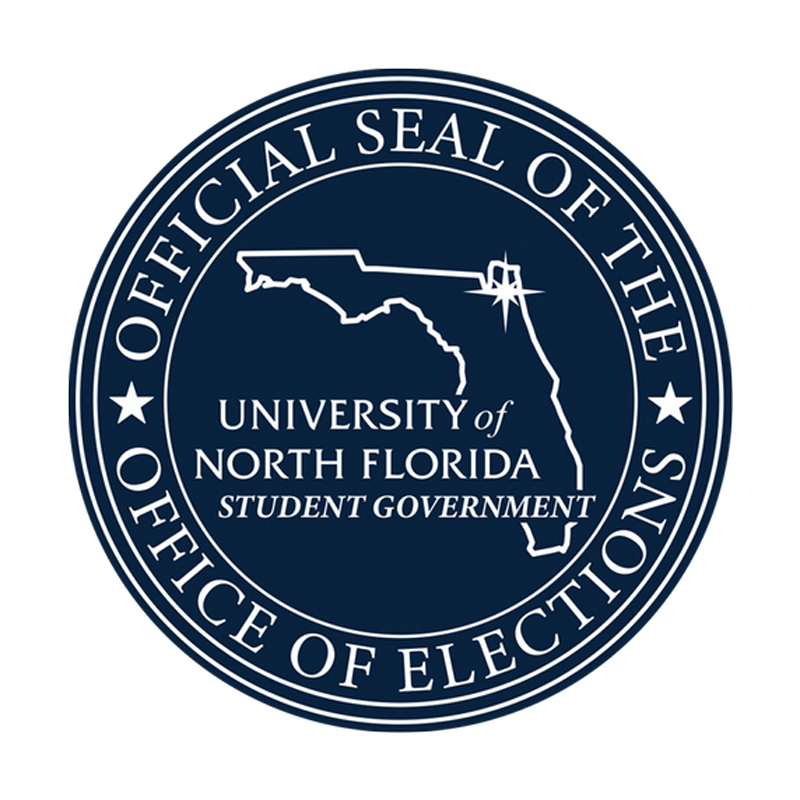Around the State
Radiation from damaged Japanese reactor found in Winter Park
Radiation from a crippled nuclear plant in Japan has made its way to Florida, energy officials say.
Small amounts of radiation were first detected in California last week, and now officials said the radiation showed up in Florida.
Progress Energy officials said the company detected trace amounts at two facilities, including the Crystal River Nuclear Power Plant in Citrus County.
The Florida Department of Health and the Department of Environmental Protection are monitoring the discoveries, but so far claim Floridians are not in any danger. They said they do not expect that to change.
Around the Nation
Saudi man pleads not guilty to bomb plot in Texas
A U.S. college student from Saudi Arabia accused of buying chemicals and equipment to build a weapon of mass destruction pleaded not guilty March 28.
Khalid Ali-M Aldawsari entered his plea at his arraignment before U.S. Magistrate Judge Nancy Koenig at the federal courthouse in Lubbock, Texas. Koenig set a May 2 trial date.
If convicted of attempted use of a weapon of mass destruction, he faces up to life in prison and a $250,000 fine.
Earlier this month U.S. District Judge Sam Cummings, the trial judge, issued an order prohibiting Aldawsari’s attorney or prosecutors from speaking about the case.
Court documents said he hatched plans to attack various U.S. targets, including in New York City and at former President George W. Bush’s Dallas home.
Around the World
Aftershocks, radiation fears slow Japan recovery
Two weeks after the devastating earthquake and tsunami that rocked Japan, the country is slow to recover. It was confirmed that 27,000 people are dead or missing. More than 2,000 bodies have been recovered from the sea. About 240,000 are homeless, sheltered in about 1,900 evacuation centers.
The cost of the damage is estimated at $300 billion, making it the most expensive natural disaster on record.
Recovery efforts have been difficult due to aftershocks as strong as 6.5-magnitude continuing to occur off Japanese shores.
The latest danger is a high level of radioactivity in pools of water in the complex. As of March 27, authorities were unable to pinpoint where the radioactive water was coming from and so were unable to stop it.
At a news conference, a spokesman for the Tokyo Electric Power Company said the utility that runs Fukushima Daiichi, and government officials said water from the No. 2 reactor turbine building had levels of radiation 10 million times higher than normal.
Complied By Spinnaker and Wire Services











